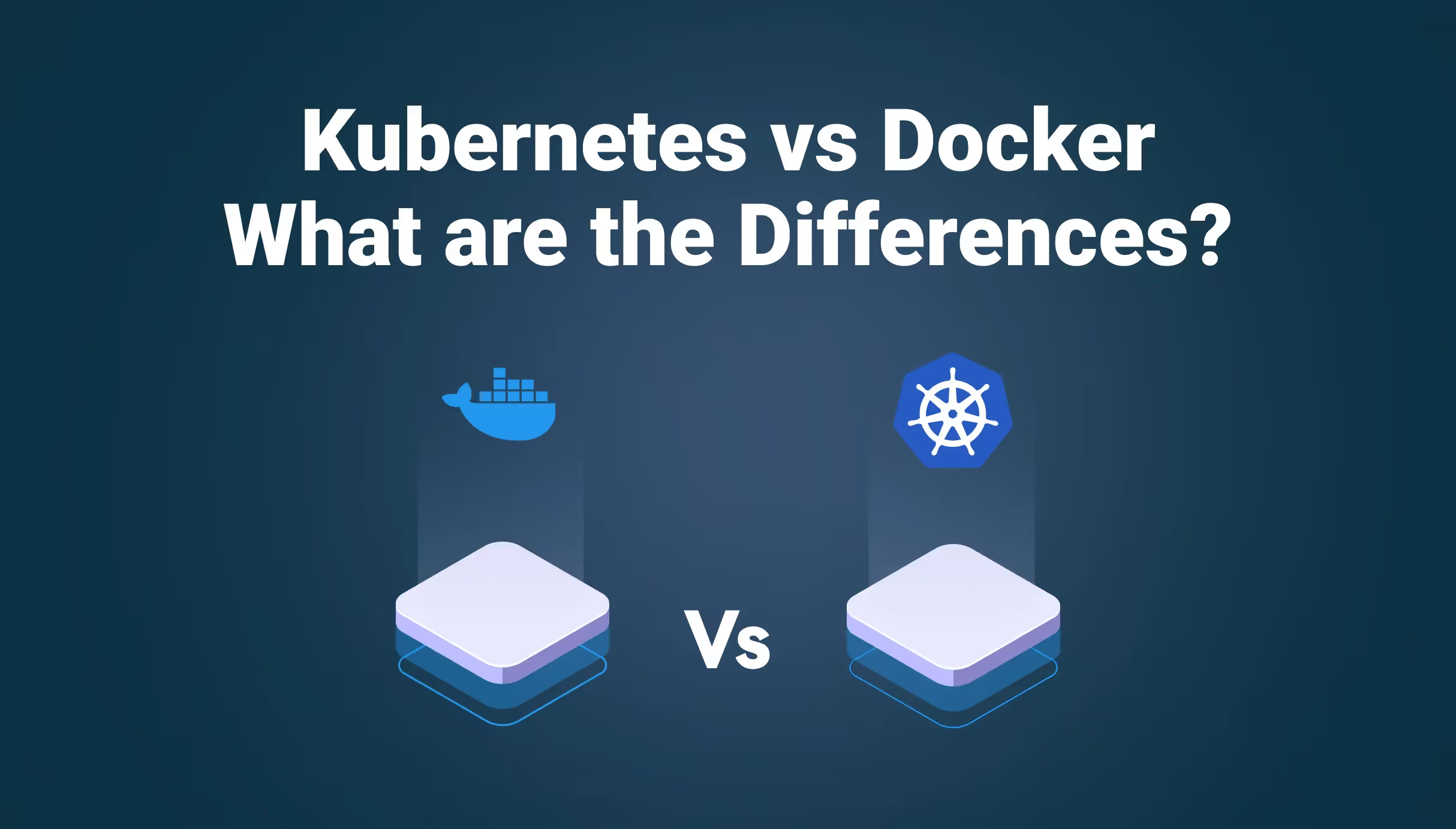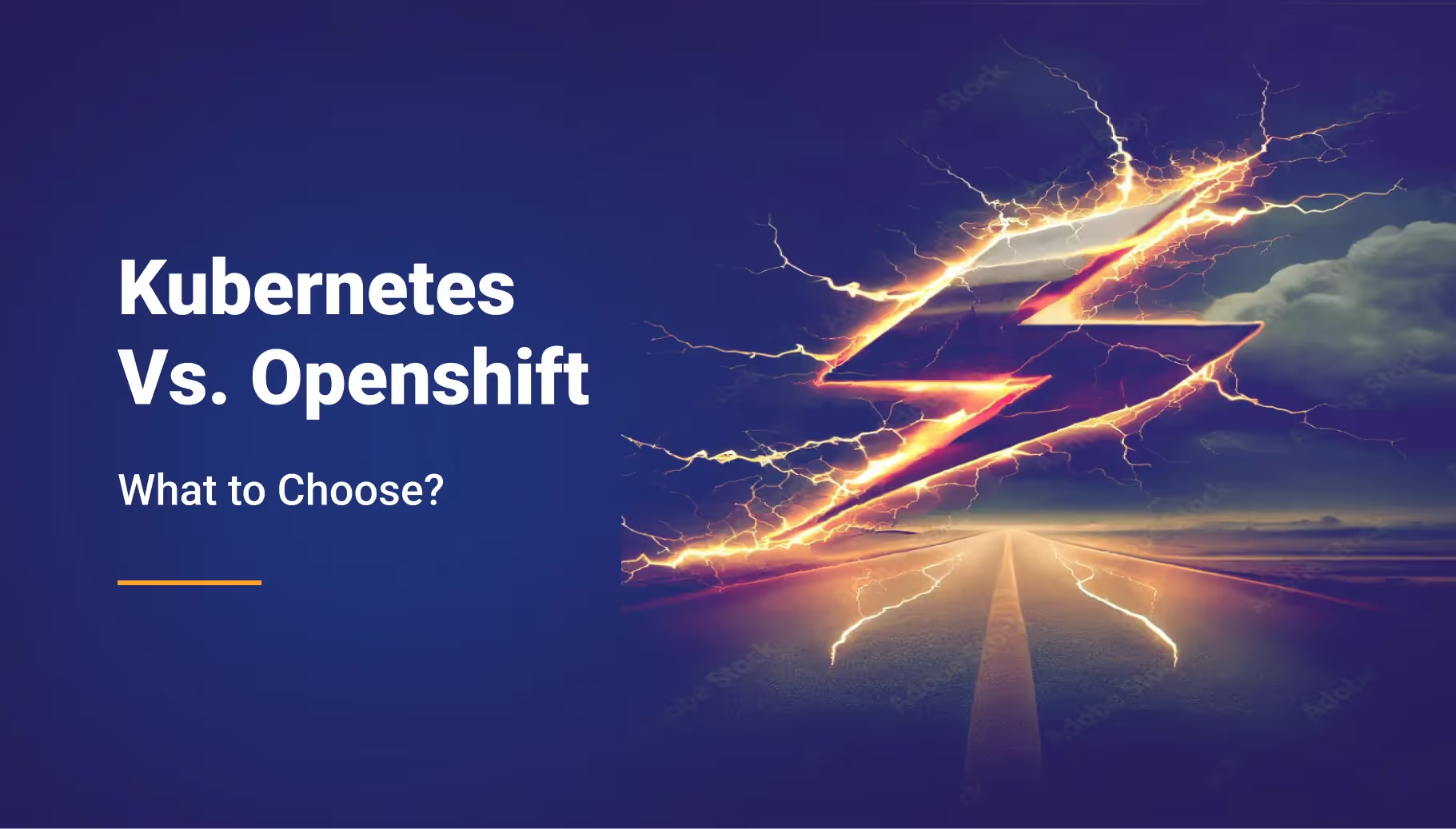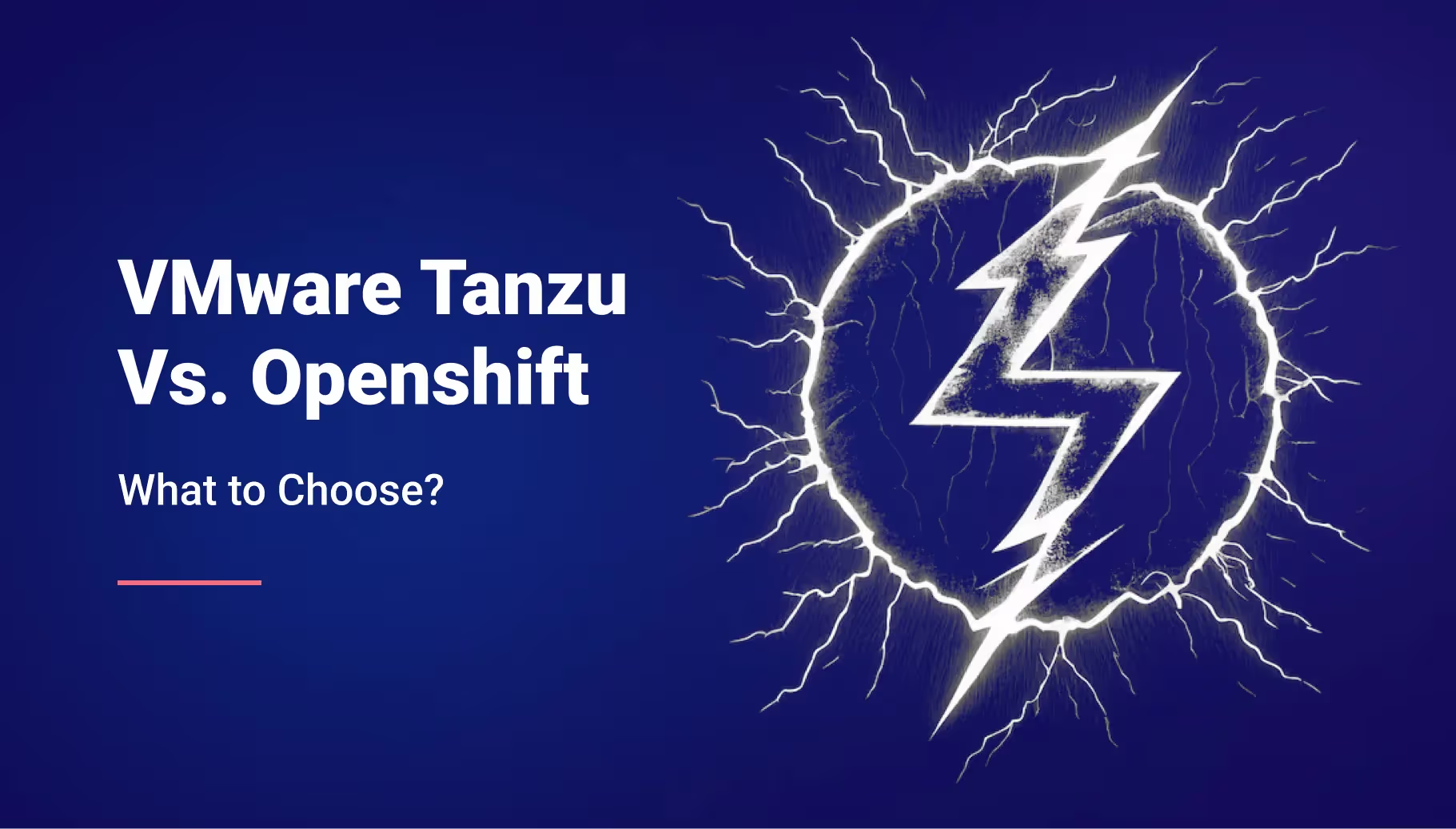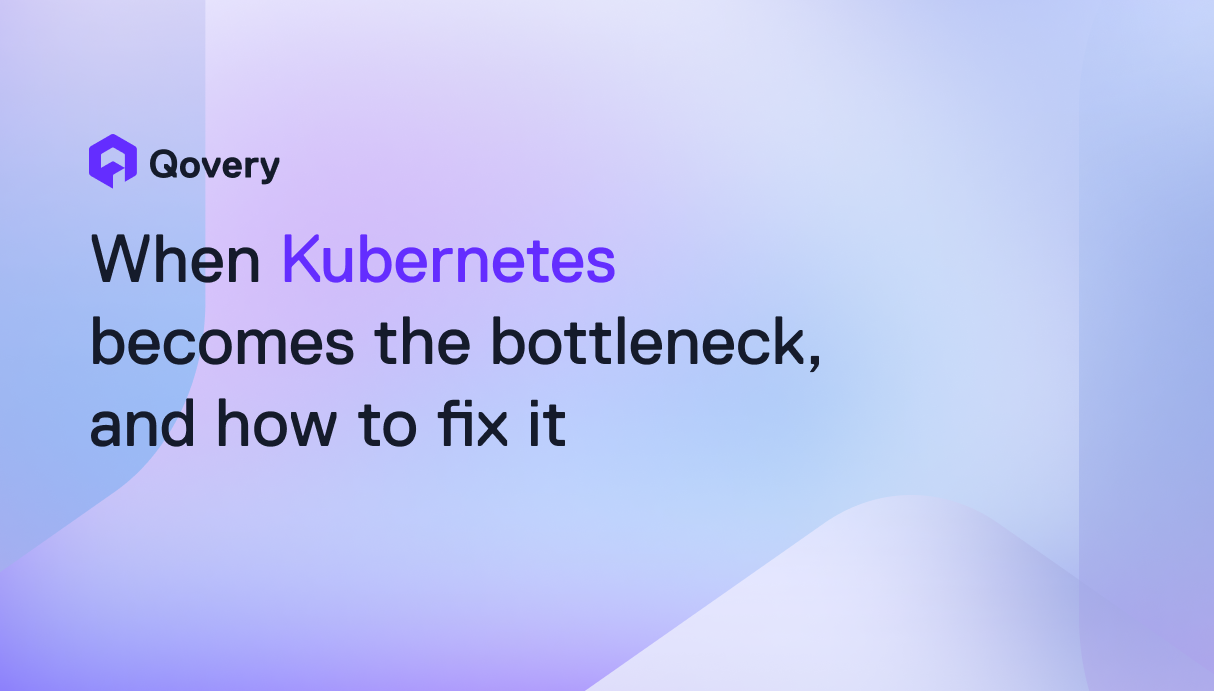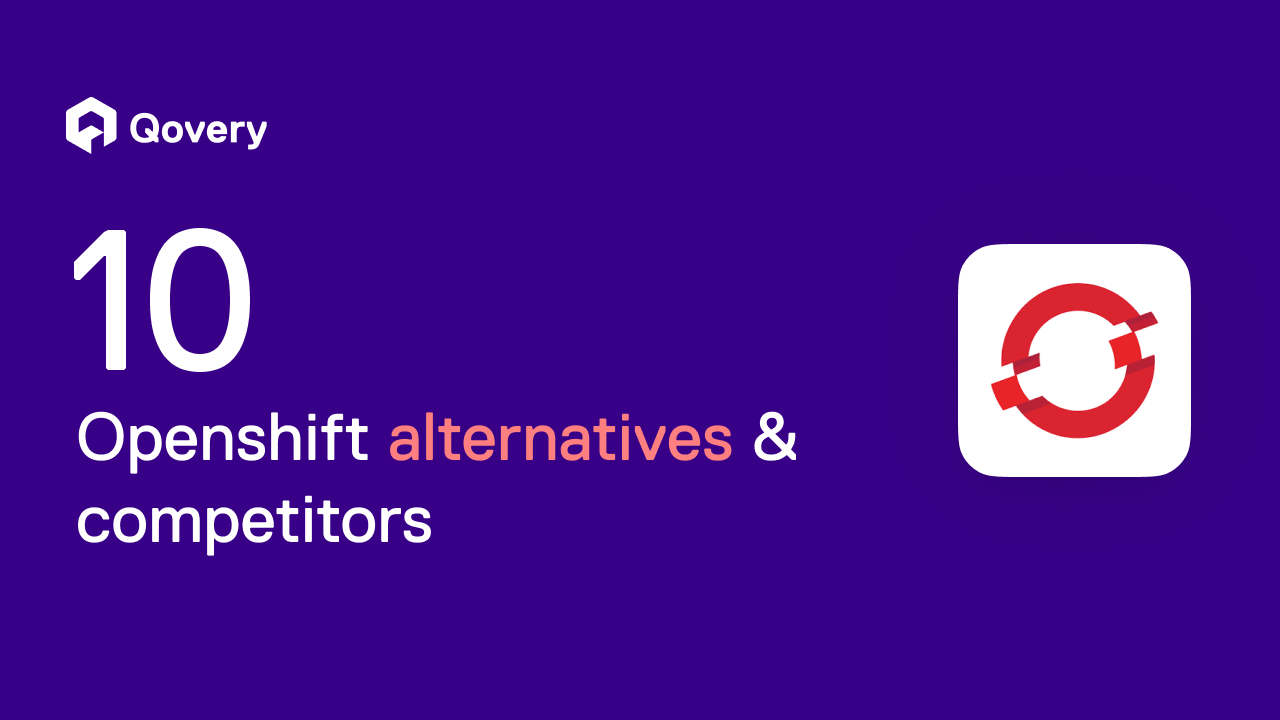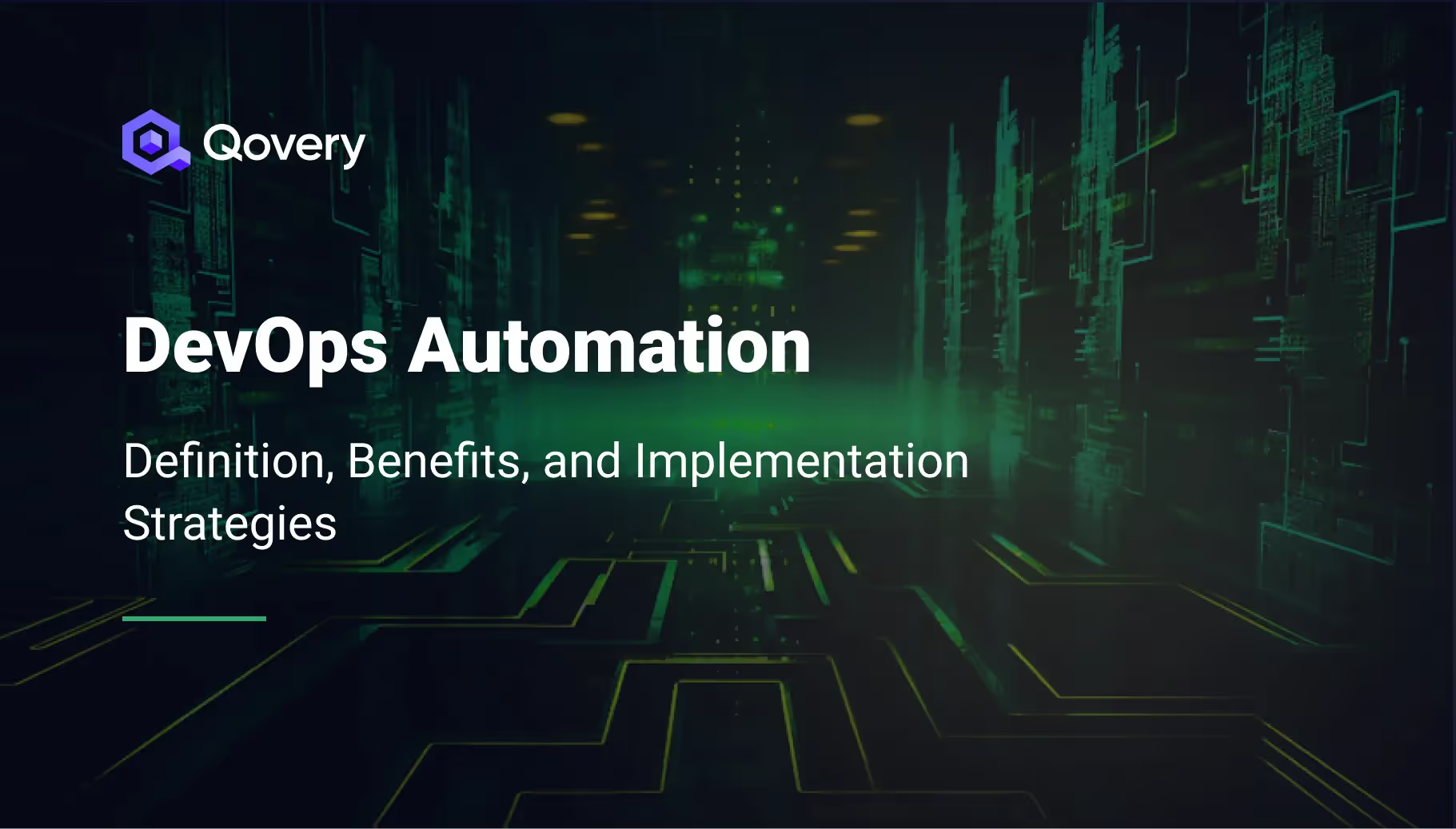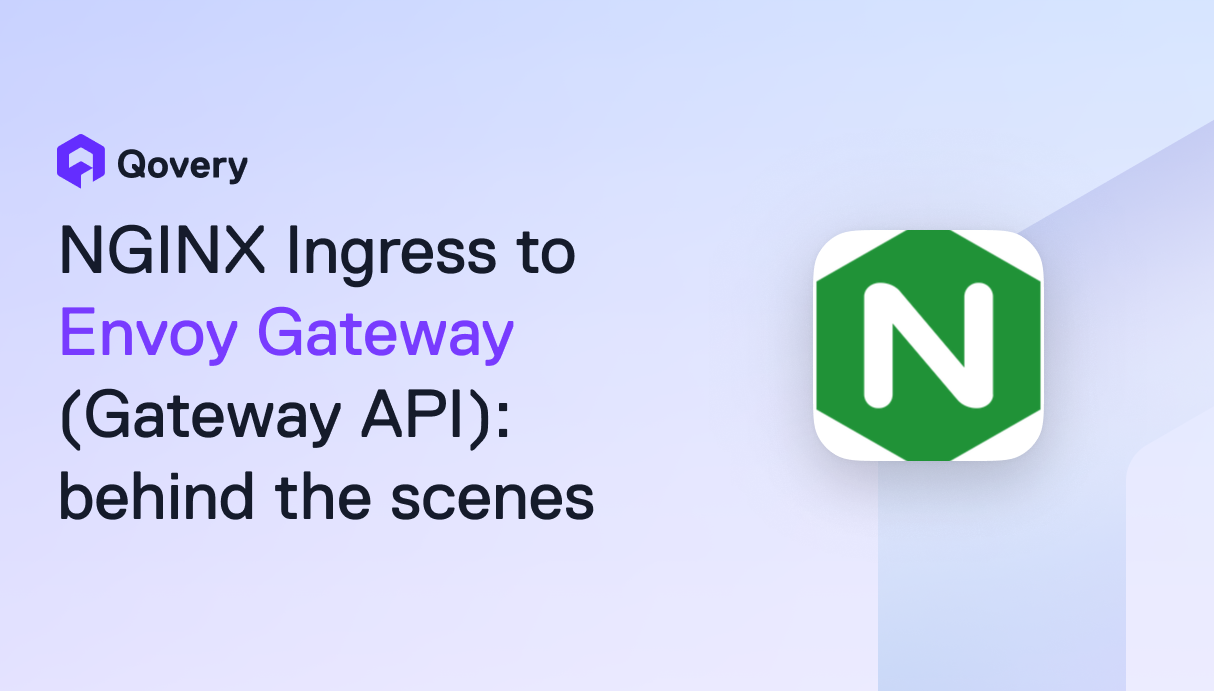
How To Become A Proficient DevOps Engineer in 2023



Develop a strong foundation in software development and system administration
DevOps professionals need to have a solid understanding of software development principles and practices, as well as a strong background in system administration. This will enable you to build, test, and deploy applications efficiently, and to manage and maintain the infrastructure and systems that support these applications.
Learn the core tools and technologies of DevOps
DevOps relies on many tools and technologies to automate and optimize the software development and delivery process. To become proficient in DevOps, you need to be familiar with these tools and technologies and be able to use them effectively to support your work. Some key tools and technologies to learn include version control systems, continuous integration and continuous delivery (CI/CD) tools, containerization and orchestration platforms, and infrastructure as code (IaC) tools.
Discover the Top 17 DevOps Tools To Use
Understand the principles and practices of DevOps
DevOps is more than just a set of tools and technologies - it is a philosophy and a set of practices that aim to improve collaboration and coordination among software development and IT teams and accelerate the software development and delivery process. To become proficient in DevOps, you need to understand these principles and practices and be able to apply them in your work. This includes understanding key concepts such as continuous delivery, continuous feedback, and continuous improvement.
Build a strong network and community of peers
DevOps is a rapidly evolving field, and it is important to stay up-to-date with the latest trends, tools, and best practices. To do this, you need to be part of a community of like-minded professionals who can provide guidance, support, and inspiration. This can include joining professional organizations and attending conferences and meetups, as well as engaging with online communities and forums. Reddit r/DevOps is a good example of a vibrant community.
Continuously learn and improve yourself
Becoming proficient in DevOps is an ongoing process, and it is important to continuously learn and improve your skills and knowledge. This can include learning new tools and technologies, staying up-to-date with the latest trends and best practices, and experimenting with new approaches and techniques. By continuously learning and improving, you can stay ahead of the curve and position yourself as a valuable member of your organization's DevOps team.

Suggested articles
.webp)



.svg)
.svg)
.svg)
